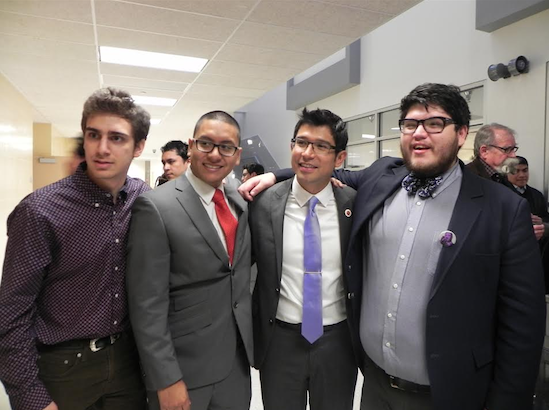OPINION: Term limits for community board members? Some thoughts

Screen Shot 2014-04-17 at 11.24.23 AM.png
This website recently carried an article by Paula Katinas about a resolution by several City Council members, including several from Brooklyn, proposing sweeping reforms to the process of recruiting and appointing community board members.
The most important reform would be to introduce term limits to the boards, specifically to limit members’ tenure to two five-year terms.